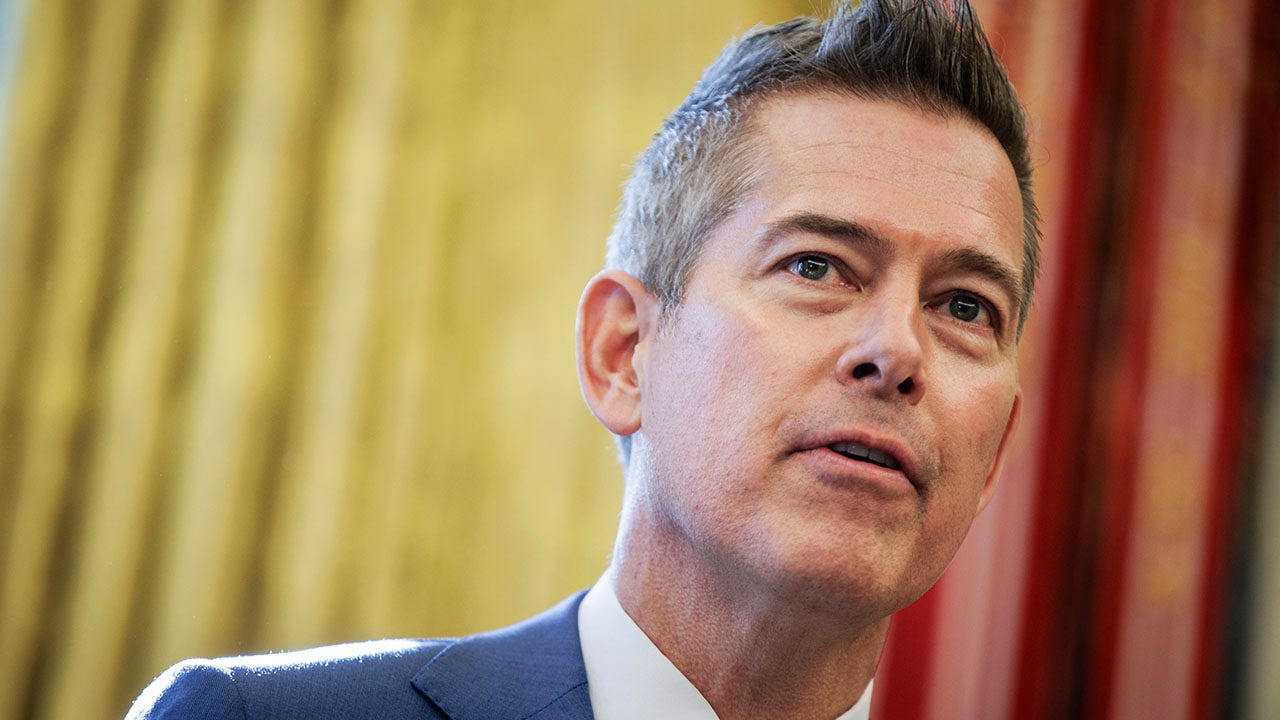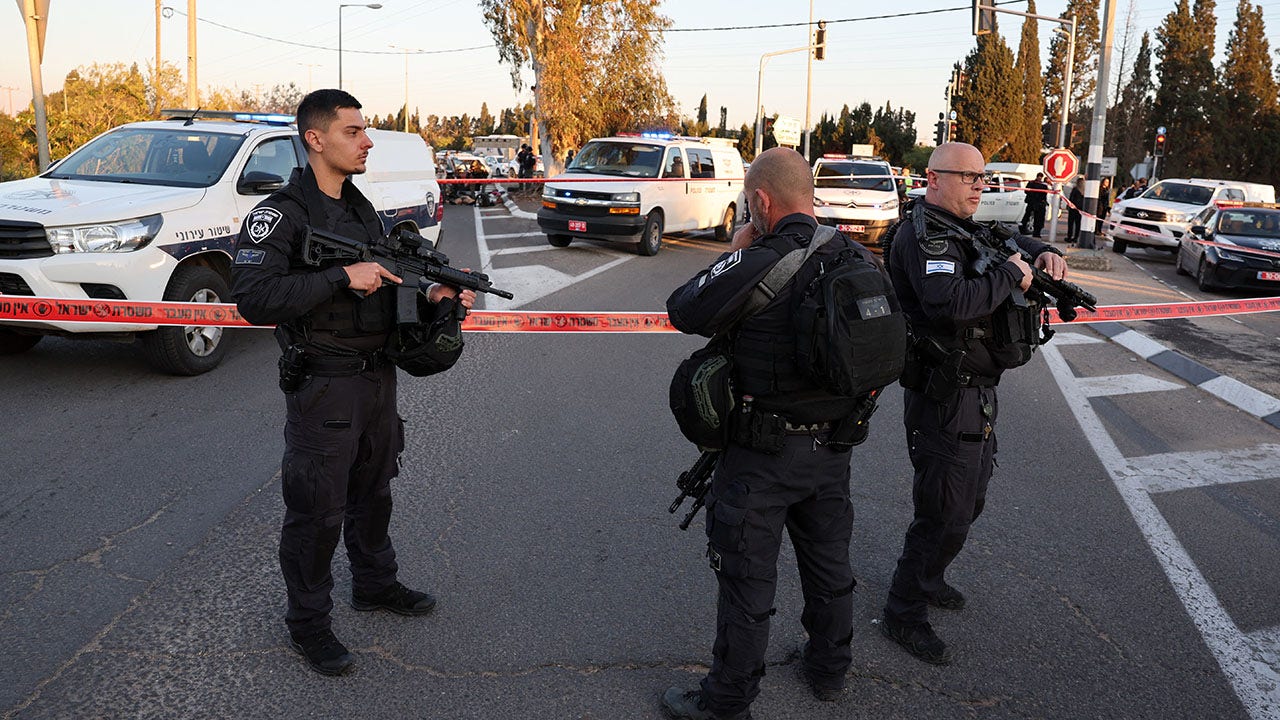Thailand on Thursday deported 40 Uyghur asylum seekers back to China, drawing a sharp rebuke from the United Nations’ refugee agency and activists who had long warned that the men would possibly face torture and long-term imprisonment upon their return.
The deportations are a major victory for China, showcasing its growing clout in the region in contrast to its chief geopolitical rival, the United States, which has alienated allies and partners across the world under the new Trump administration. Just three weeks earlier, Prime Minister Paetongtarn Shinawatra of Thailand had met with China’s leader, Xi Jinping, in Beijing to discuss a railway project and ways to increase Chinese tourism.
Thailand’s police chief, Kittirat Panpetch, told reporters that Thailand had sent the Uyghurs back to China at the request of Beijing.
The Office of the United Nations High Commissioner for Refugees called the deportation a “clear violation” of international law. Human Rights Watch criticized the Thai authorities for doing so despite making public assurances earlier that they would not. Uyghur activists abroad deplored the decision.
“I’m deeply saddened, worried and terrified about what’s going to happen to them next,” said Tahir Imin, a U.S.-based Uyghur activist who was previously imprisoned in China. “They will get unimaginable punishment. Torture, death and long-term imprisonment is guaranteed.”
China has used its power and influence to silence its critics abroad and pressure governments to repatriate citizens fleeing persecution. The Uyghurs will have likely been returned to the region of Xinjiang, where the authorities maintain a tight grip. In recent years the government has detained as many as one million Uyghurs and others in internment camps and prisons, stepped up birth control measures for Muslim women and placed Muslim children in boarding schools.
The Uyghurs, who had been detained in Bangkok for over a decade, were part of a wave of more than 300 people who fled China in 2014, hoping to use Thailand as a transit point to get to Turkey, which is home to a sizable Uyghur community. Last month, some of the detainees, who are all men, went on a hunger strike amid fears of being returned to China.
The plight of the detainees had drawn scrutiny from many governments, including the United States. During his confirmation hearing for secretary of state last month, Marco Rubio said he would lobby Thailand not to send the Uyghurs back to China. And on Tuesday, U.S. Senate Foreign Relations Committee members Jim Risch and Jeanne Shaheen warned that any deportations would be “ill-advised.”
Rights activists who had been monitoring the situation began reporting in the early hours of Thursday that there were signs the Uyghurs were being prepared for deportation.
In Bangkok at around 2 a.m., a reporter witnessed six trucks that had their windows covered with black cloth leaving an immigrant detention center in downtown Bangkok where the detained Uyghurs had been held. Several police cars accompanied the trucks, cordoning off traffic around them.
A few hours later, an unscheduled China Southern Airlines flight took off from Bangkok to Kashgar in Xinjiang, the native homeland of Uyghurs, according to FlightRadar24, which tracks flights around the world. It landed just after noon local time.
The decision to suddenly deport the Uyghurs was a stark reminder of the strengths of China’s diplomatic clout. It comes as Beijing has sought the repatriation of Chinese nationals from scam centers in Myanmar by taking them across the border to Thailand and putting them on planes back to China. Some analysts saw it as a direct exertion of China’s security policy in Thailand.
“This recent pattern of Thailand catering to the Chinese government without due process will stand Thailand in bad stead with the United States when Washington is very aggressive,” said Thitinan Pongsudhirak, a political science professor at Chulalongkorn University. “It doesn’t generate good-will in the Muslim world, and worst of all, the Uyghurs will suffer.”
Relations between the United States and Thailand, one of two U.S. allies in Southeast Asia, have been strained after a near-decade-long military rule. Part of Thailand’s apparent caving to Beijing could also reflect the shifting balance of power in Asia where the United States under President Trump, unlike the Biden administration, has shown less interest in highlighting human rights and democracy.
“It seems to be that under the Biden administration, Bangkok came under U.S. pressure or influence not to yield, but this is no longer the case under the Trump Administration,” said Steve Tsang, director of the SOAS China Institute in London.
“It is a significant setback for human rights,” Mr. Tsang added. “It also goes further to show that the old image of the U.S. being the shining house on the hill is being changed to something else, something increasingly indistinguishable from what China under Xi represents.”
Julie Millsap of No Business With Genocide, a Washington-based group that has been lobbying governments to free the Uyghurs, said she was told by U.S. officials that the State Department and the National Security Council had tried to pressure the Thai government to release the Uyghurs. However, those efforts were undermined by the withdrawal of U.S.A.I.D. funding to Thailand, she said.
“The Thais kind of weighed the potential backlash and decided that they would rather deal with the United States than Chinese pressure,” Ms. Millsap said.
There was no immediate comment from the U.S. Embassy in Bangkok.
For hours on Thursday, Thai officials refused to confirm that they had sent the Uyghurs back. Ms. Paetongtarn told reporters that she had yet to discuss the issue with officials, even as opposition lawmakers and reporters pressed her government for answers.
After they finally acknowledged the deportations, Thai officials sought to defend the move. They cited written assurances from China that the men would be treated well, without acknowledging the well-documented threat of retaliation that the Uyghurs would face.
When asked why the Uyghurs had to be smuggled out in the dead of the night, Police General Kittirat said it was for their safety. He added that the Thai government had abided by all of the relevant laws and that it was normal for the government to send illegal immigrants back. “How many more years will we have to detain them?” he told reporters. “Ten, 11, 12, 13 years?”
Kantathi Suphamongkhon, a former foreign minister in Thailand, said the current foreign minister had told him that China had said that Thai officials could visit the Uyghurs and that Thailand’s justice minister was planning to do so soon.
A Chinese foreign ministry spokesman did not directly answer a question about whether the Uyghurs had been deported, saying that 40 Chinese nationals who had illegally entered Thailand had been repatriated on Thursday. Statements carried by official Chinese news agencies depicted the return of the citizens as a rescue effort, saying that they had been deceived by criminal groups and been stranded in Thailand.
In 2015, when Thailand deported 109 Uyghurs to China, the Thai government had said that the Chinese government “had guaranteed their safety.” But rights activists said later that a few of the deportees had received long prison sentences, and they were never able to track the whereabouts of the rest.
Pirada Anuwech contributed reporting from Bangkok and Muktita Suhartono from Singapore.





